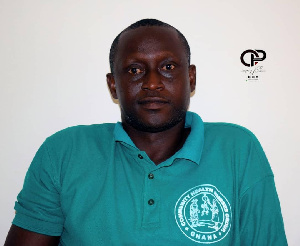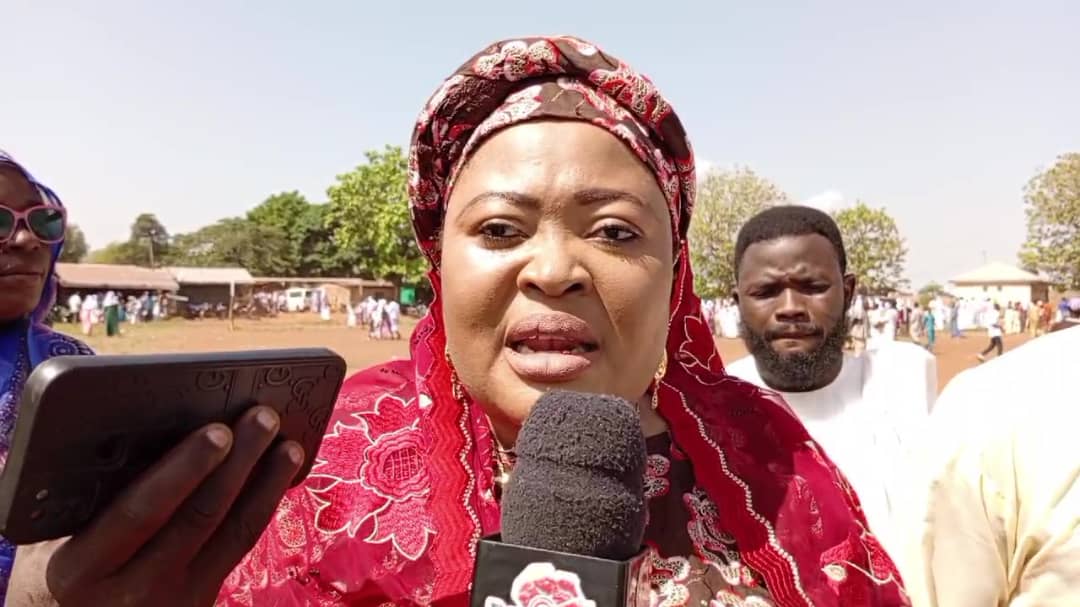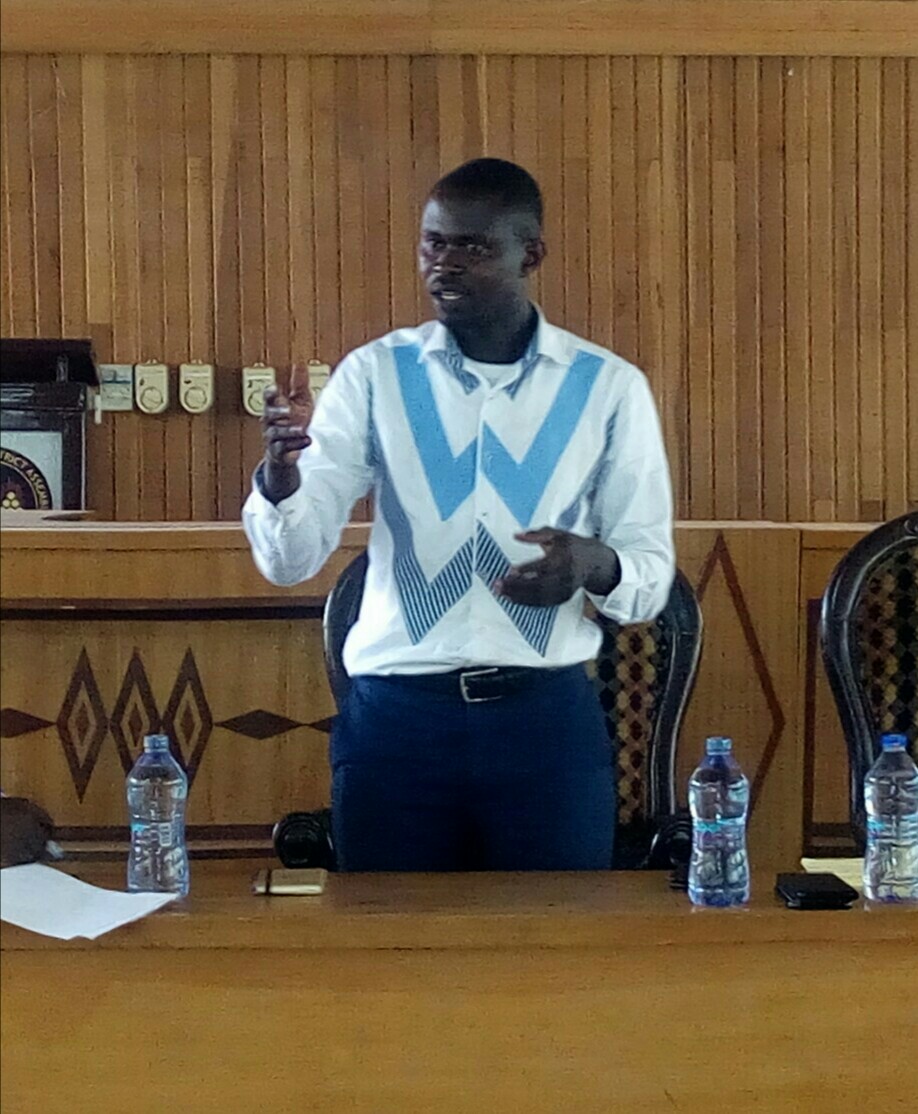Ato Essien pleads guilty, convicted on his own plea

Founder of now-defunct Capital bank, William Ato Essien has pleaded guilty to charges of misappropriation of depositors’ funds and other counts of stealing, abetment to stealing, conspiracy to steal and money laundering among others.
This was after the court accepted the terms of agreement reached between lawyers of Mr. Essien and the prosecution to pay a total of 90 million cedis as refund to the state.
Ato Essien is standing trial with the Managing Director (MD) of the defunct bank, Fitzgerald Odonkor, and the MD of MC Management Services, a company said to be owned by Essien, Tettey Nettey.
The prosecution has accused the three persons of engaging in various illegal acts that led to the dissipation of a chunk of the GH¢620 million liquidity support given to the Capital Bank by the BoG between June 2015 and November 2016.
The accused persons had prior to this, pleaded not guilty to some 23 charges including stealing, abetment to stealing, conspiracy to steal and money laundering.
They maintained their innocence all throughout the trial with Ato Essien maintaining at all material moments that he had Board approval for all the actions he took.
Meanwhile, the judge is yet to make judgement on the case which is expected in a about an hour.
Court initially rejected GH¢90 million repayment:
The Accra High Court had, prior to this, rejected an amount of GH¢90million by William Ato Essien, after lawyers of same had informed the judge; Justice Eric Kyei Baffour, in the last sitting that the accused person had agreed to pay GH¢90million as restitution to the state.
The move by Essien was pursuant to Section 35 of the Courts Act, 1993 (Act 459) which allows an accused person to plead guilty and pay restitution to the state in cases in which there had been financial loss to the state.
This was rejected by the judge on the basis that, the money which was obtained by Mr. Essien in 2015 was done when the cedi to dollar exchange rate was GH¢3.79 pesewas and therefore it will be a shortchange for the state if the monies were refunded using the same rate rather than the current GH¢13 with interest.
According to the judge, if he accepted the agreement in its current form, it meant people who had committed crimes would be made to profit from it.
Background
Capital Bank was one of the first banks that collapsed after a massive clean-up of financial institutions by the BoG started in 2017.
On August 14, 2017, its licence and that of UT Bank were revoked by the BoG, after the BoG had declared them insolvent.
The BoG allowed the state-owned bank, the GCB Bank, to acquire the two banks in order to protect depositors’ funds and also enable them to stay afloat.
The hurricane that swept through the banking sector due to the collapse of the two banks further heightened in August 2018 when the central bank collapsed five other indigenous banks and merged them into one entity — Consolidated Bank, Ghana.
Source: www.ghanaweb.com






